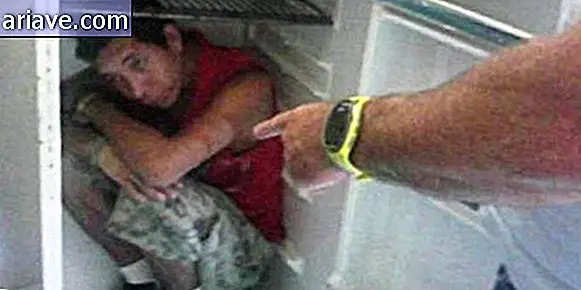Did you know that there was a time when children were mailed?
Ever wondered if you couldn't buy items over the internet or send someone a postcard during your special trip? What if exchanging letters, even though fewer and fewer people do, would not be a very viable option? Same as receiving magazine and newspaper subscriptions, bills and documents - the truth is that letter and product delivery service is of great importance.
The first private delivery companies began to emerge throughout the 19th century, and the news was so successful and made life easier for people that in the US after January 1913, when delivery services became increasingly popular and efficient, something very strange began to happen.
You know how a young child in the family stirs everyone's emotions, and there's nothing cooler than seeing grandmas meeting their grandchildren. With that in mind, the couple Jesse and Mathilda Beagle decided to send their little boy, James, who was 8 months old, to her grandmother to meet him. Like? In the mail, why.
Special order

The baby was within the weight of the orders the company accepted to make, and the shipping cost 15 cents. Given the peculiarity of the case, even to the people of the time, the baby's story eventually made headlines and, of course, inspired other dads and moms to do the same.
There was no other way: stories like those of little James began to multiply in the rural environments of Uncle Sam's Land, and one of the famous cases of the time was that of a four-year-old girl, Charlotte May Pierstorff, who was sent to the home of the grandparents, covering 73 km away. Charlotte's story became a book, including Mailing May. Back then, mailing kids was cheaper than buying a train ticket.
Charlotte was not alone, but was accompanied by a cousin of her mother, who worked for the delivery company. This type of "delivery" was carried out for a few years until, on June 14, 1913, the sending of children by mail became officially prohibited.
Although today we regard this practice as negligent, historian Jenny Lynch, who talked about the case with the Smithsonian, said that in fact, these submissions showed that the rural community relied heavily on the workers of the letter and parcel companies. Of this there is no doubt.
* Posted on 6/14/2017











